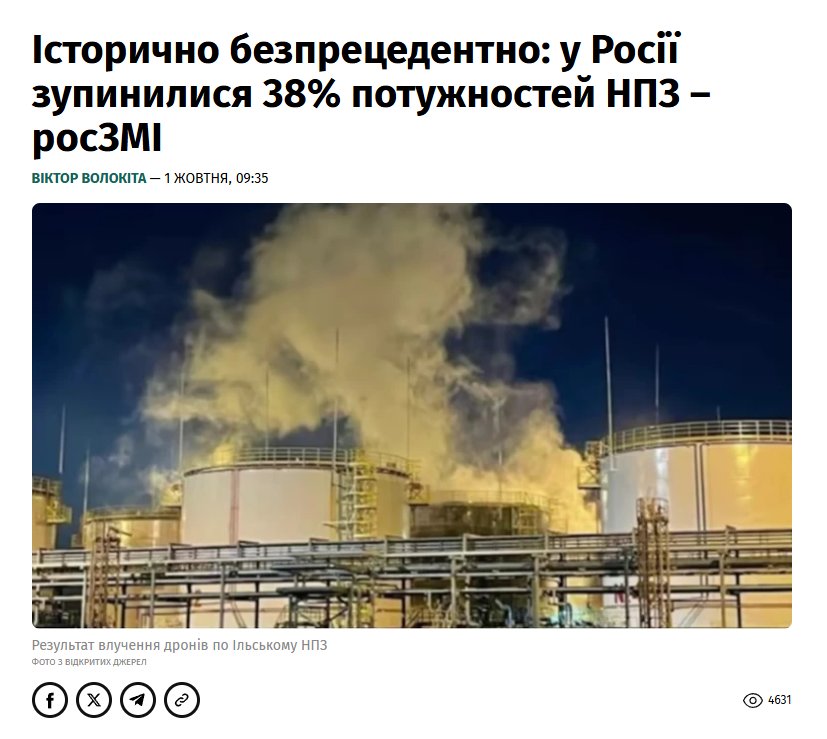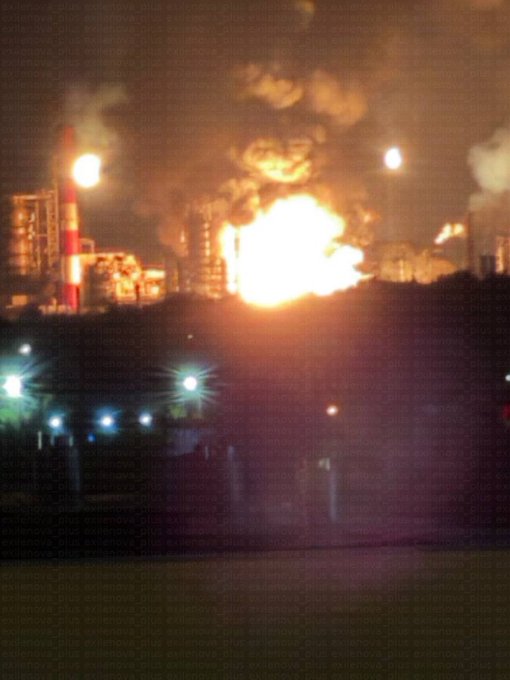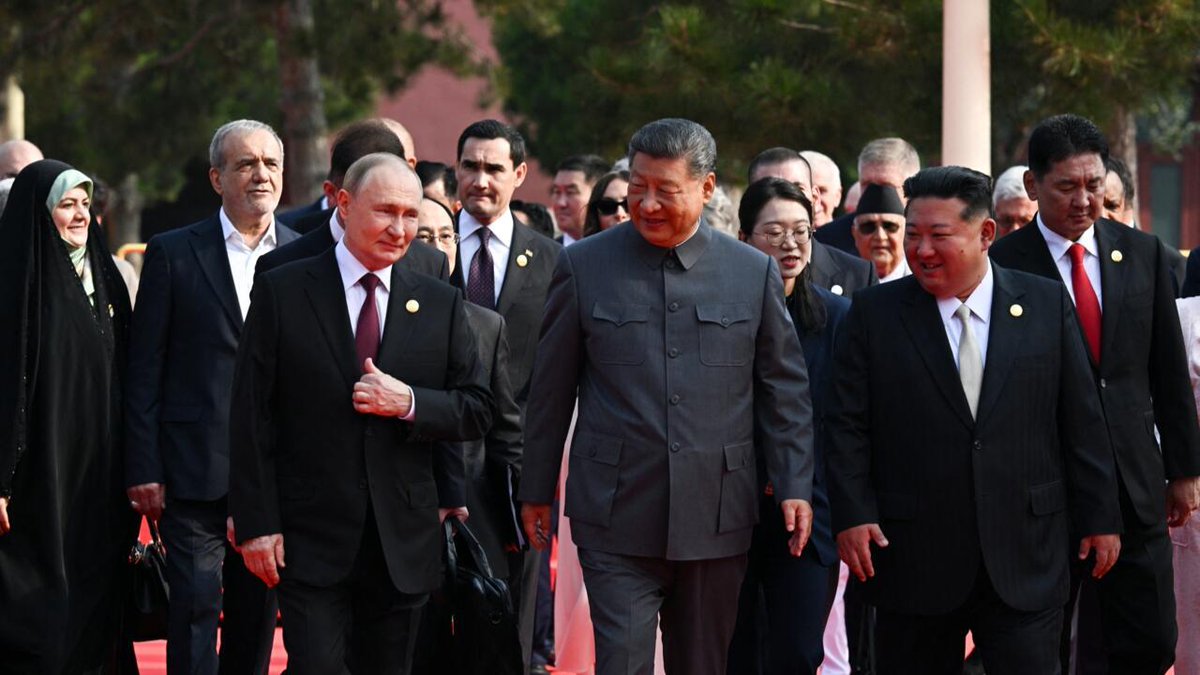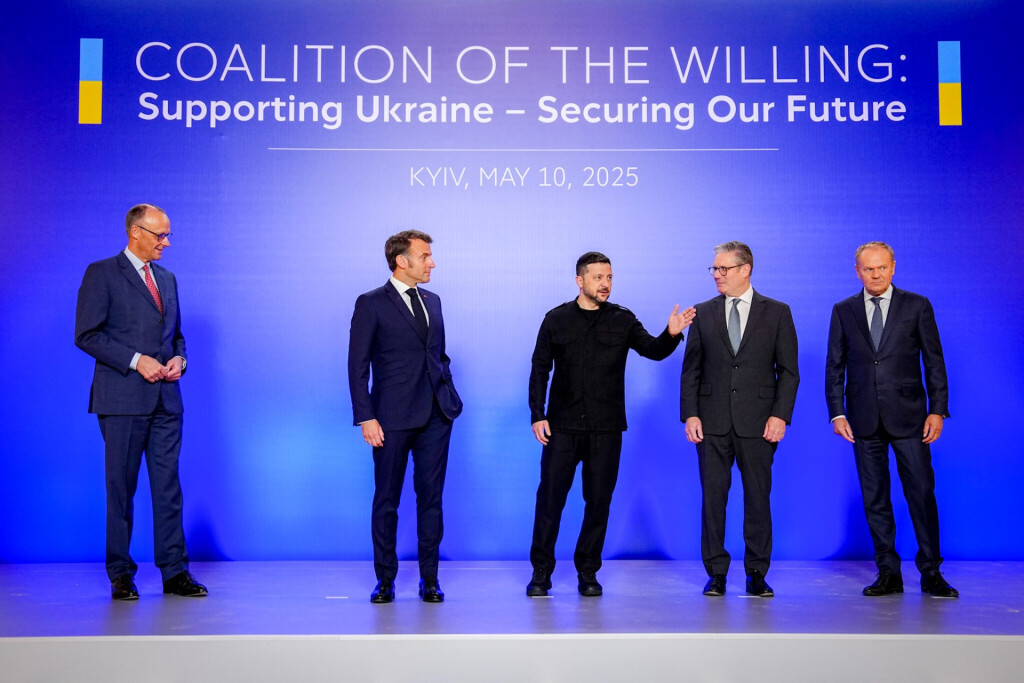1. I have gathered from private donations of Romanians 451.000 euros so far and donated them to Ukraine in various forms of help. In this picture is a fire truck that i drove into #Bakhmut last month, picture taken entering Donetsk Oblast. Cost 28k eur with tansport. Thread: 
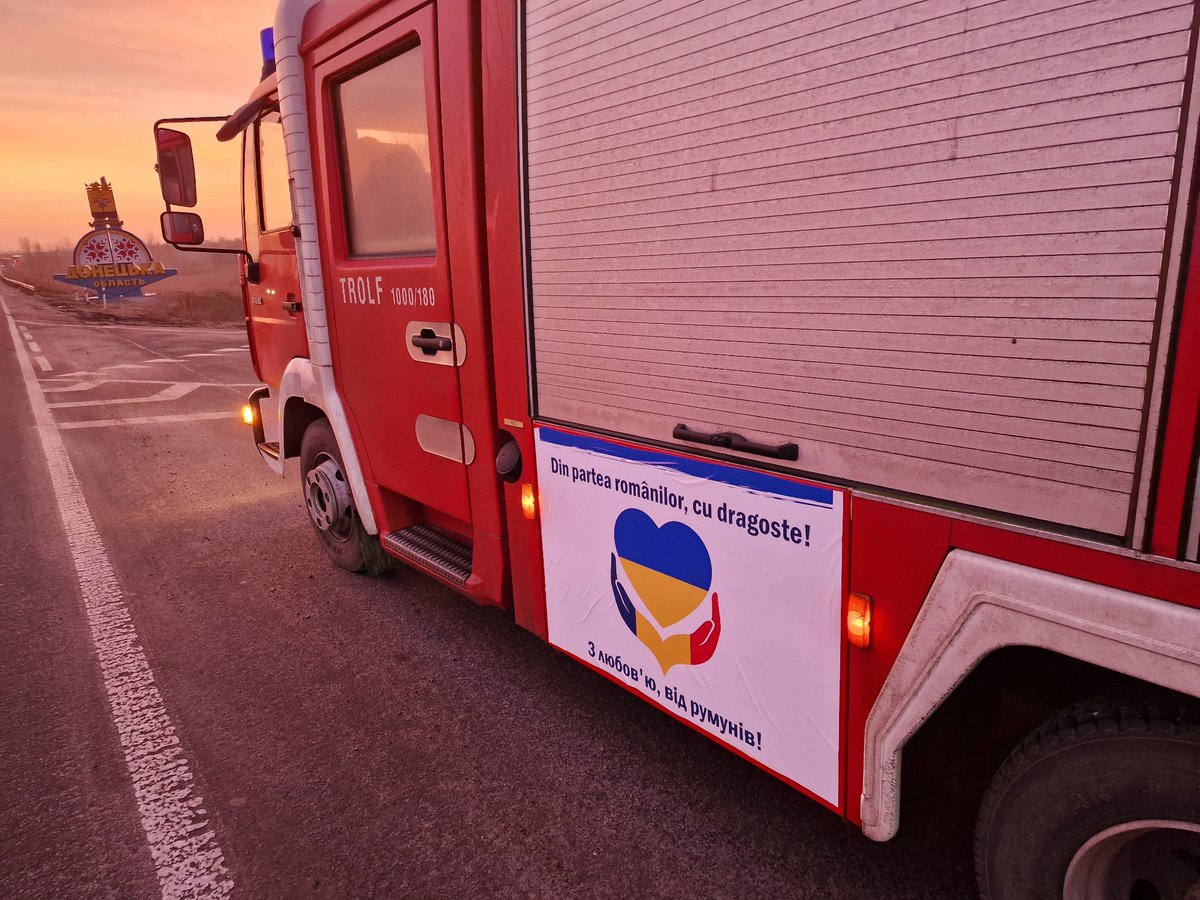
2. Bought 4 of decommisioned DAC Romanian Army Trucks, repaired them, painted them and donated them to the #ZSU. The total cost of those (with repair and transport) 36k euro. @ChuckPfarrer maybe you'll like those :) 

3. Purchased 17 4x4 SUV and repaired other 4 for Armed Forces of Ukraine. Total cost of those: 127.500 euro. 



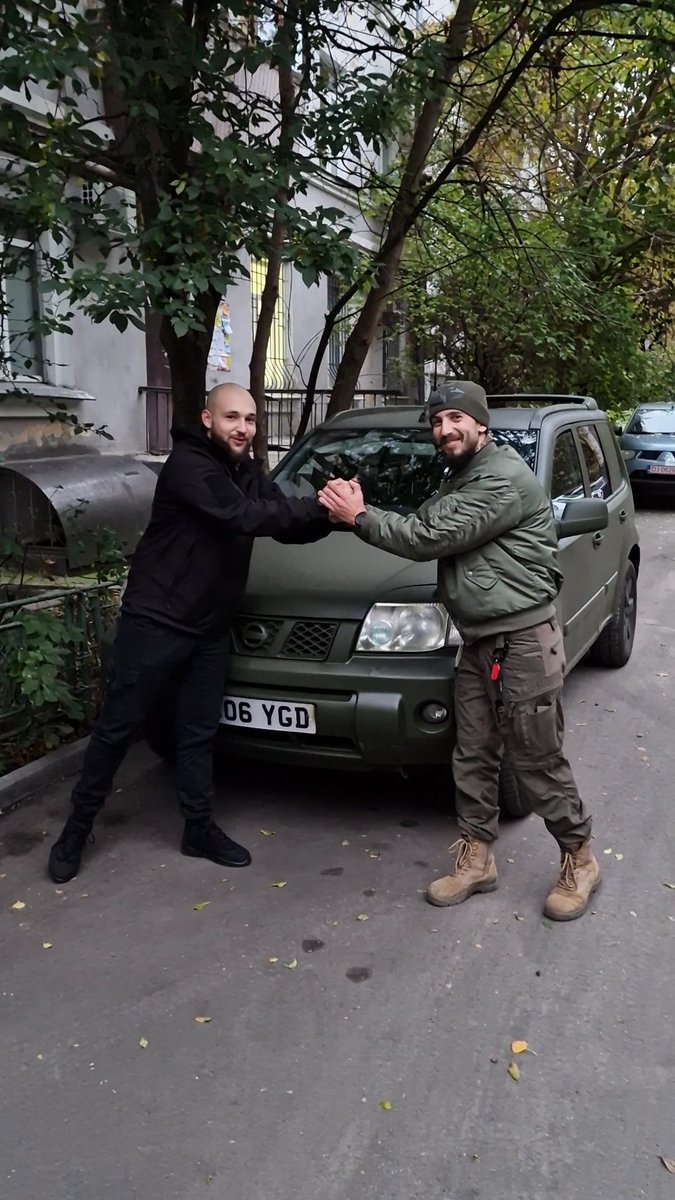



4. Purchased 30 generators in December that reached the villages from the eastern front. So people could charge their devices, Starlink batteries etc and even to heat the water. Total cost: 30k euro 

5. Purchased 4 various kind of drones and delivered them to the Armed forces of Ukraine. Some are more special than others and the total cost: 19.500 euro. 

6. Over 40 tons of humanitarian aid delivered since september to Bakhmut, Sloviansk, Izium, Oskil and other places from eastern front and Donbas. Total cost = 40k euro 







7. Medical help for multiple brigades on eastern front that i considrler humanitarian aid. This picture is taken after the liberation of #izyum with some of the soldiers that participated at the counter-offensive. 



8. Oleg Gubal (Ukrainian Hero and my friend that died in November in the battle) Mobile Hospital. Almost finished. Invested 70.000 euro so far. It will save lives on the front lines. @domenpresern how do you like this? Polish doctors will operate along ukrainians. 

9. War is not finnished. So i am starting a new campaign. I stil lhave about 60.000 euro left and i want to purchase as many ambulances as they need in Ukraine. If you want to donate and help, go to my facebook page (link in bio) and in the pin post you can find all details. 

10. It's almost a year. We need to pressure our politicians to help more Ukraine. We have to donate more, cause this is a war effort like never seen before from all around the world. This thread was not for bragging, but to show that we really can. I am only one guy. 

11. But if more of us will do the same or donate to NGOs that really help Ukraine, we can really make a difference in the lifes of civilians and soldiers. Donate to @NorwegianAidUkr @georgian_legion @MriyaAid and listen to @MriyaReport
#UkraineWillWin
#SlavaUkraini
#UkraineWillWin
#SlavaUkraini
• • •
Missing some Tweet in this thread? You can try to
force a refresh




